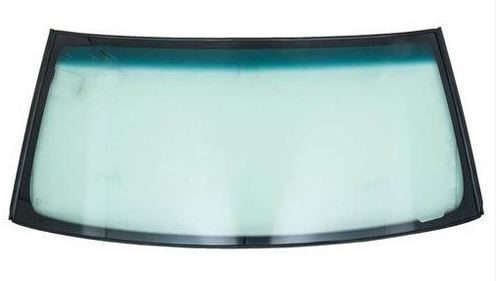Tel: 0129-4001010 Phone: +91 730 321 5033
Email: cs@absoluteveritas.com
BIS CERTIFICATION FOR SAFETY GLASS FOR ROAD TRANSPORT IS 2553 (PART 2):2019
In today's competitive landscape, maintaining market presence without a certified, high-quality product can be challenging. Obtaining a BIS license may also be essential for selling products in the Indian market. To achieve BIS certification and ensure product quality, manufacturers must adhere to the specified Indian standards.
Lets delve deeper into IS 2553 (Part 2):2018 for Safety Glass.
Safety glass intended for road transport falls under the purview of IS 2553 (Part 2):2019. This standard delineates the requirements, as well as the sampling and testing methods, for safety glass designated for automobile windscreens, backlights, and side window glasses.
Safety glass must be crafted from 'AA' and 'A' grade flat transparent sheet glass conforming to the specifications of IS 2835:1987. Alternatively, float glass may be employed in the production of safety glass. The thickness of the safety glass should adhere to the standard and be gauged using the prescribed method. Tolerances for the height, width, and corner sections of safety glass must align with the standard requirements.
Safety glazing designated for installation in motor vehicles as per IS 2553 (Part 2) is categorized as follows:
1. Windscreens
-
Laminated Glass (II, II/P)
-
Glass Plastics
2. Panes
-
Uniformly Toughened Glass (with and without marking P)
-
Laminated Glass
-
Double Glazed Unit (Symmetrical, Asymmetrical)
-
Glass Plastics
-
Rigid Plastics
-
Flexible Plastics
Each classification and sub-classification necessitates separate testing to ensure compliance with the specific type of safety glass. The prescribed tests outlined in the standard must be conducted following the designated procedures within a suitably equipped and staffed laboratory.
TESTS
The subsequent test must be conducted for safety glass for road transport.
-
Light Transmittance Test
-
Test of Resistance to abrasion
-
Resistance to Temperature Changes
-
Resistance to fire
-
Resistance to chemicals
-
Resistance to Radiation
-
Resistance to humidity
-
Optical Distortion Test
-
Head-form test
-
Fragmentation test
-
Weathering
-
Cross-cut
Packaging and labeling must adhere to the guidelines outlined in IS 2553 (Part 2): 2019. Each packet must display the information specified in the standard. The standard mark (ISI Mark) must be affixed to every piece of safety glass, ensuring that it meets all specified requirements. Manufacturers are required to obtain a BIS license from the Bureau of Indian Standards to utilize the standard mark (ISI Mark).
The Bureau of Indian Standards (BIS) issues licenses following a thorough evaluation of manufacturing infrastructure, quality control, testing capabilities, and production processes during an on-site visit to the manufacturing premises.
PROCESS FOR BIS ISI MARK CERTIFICATION

BIS CERTIFICATION PROCESS
Acquiring a BIS license requires a comprehensive review of manufacturing infrastructure, quality control abilities, testing resources, and production procedures. This thorough assessment guarantees that products not only adhere to regulations but also prioritize consumer safety and reliability.
NOTE:
For comprehensive guidance on the BIS ISI Certification process, please explore:
WHY USE ABSOLUTE VERITAS?
Absolute Veritas is a prominent organisation from the private sector of India primarily dealing with the Inspection, Testing, Audits, Certification of products& consulting services to various industries in India and worldwide, ensuring compliance with regulatory standards and industry requirements. Offering a comprehensive range of services including product certification, testing, training, auditing, and compliance services, Absolute Veritas helps manufacturers and importers achieve higher production efficiency and quality standards.
Absolute Veritas (AV) will handle end to end pre-registration request, sample preparation, documentation, testing and application process for FMCS Certification
For any questions regarding the most recent update on FMCS registration licenses, please reach out to us via email at cs@absoluteveritas.com



